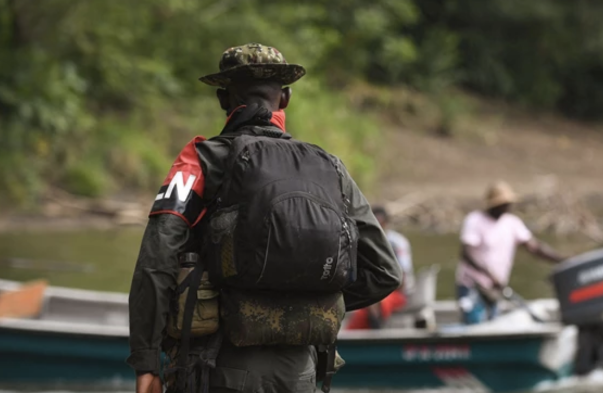By Hernán Restrepo –
Rodrigo is a Christian fisherman who lives with his wife in the department of Chocó, a jungle region near the border Colombia shares with Panama and one of the regions that gets the most rain on earth.
Due to its remoteness, the town does not have paved streets, and the presence of police and other Colombian authorities is scarce. Residents primarily travel the mighty Atrato, Baudó, and San Juan Rivers by motor boat, and Rodrigo supports his family by selling gas, as reported by Open Doors, which first told his story.
Despite the seeming necessity of his business, Rodrigo and his family are isolated. The majority indigenous community in the area where the family lives has rejected them because of their faith and have socially and economically excluded them due to their refusal to participate in the animistic rituals that are common among the natives. This isolation has also made Rodrigo vulnerable to the regionally dominant guerrilla and paramilitary groups, who periodically threaten to shut down his business if he doesn’t pay extortion fees—a crime present in the whole country but that affects Christian in a special way.
Rodrigo’s story encapsulates two of the biggest reasons Colombia has been the most dangerous country in South America in which to be a Christian over the last five years, according to Open Doors’ World Watch List (WWL). On this year’s list of the most difficult places to be a Christian, the country ranks No. 34 globally. So how did a nation with a long democratic tradition and a Catholic majority become one of the most precarious places for believers in the Western Hemisphere?
Much of Colombia’s notorious violence dates back to 1948, when the liberal presidential candidate Jorge Eliécer Gaitán was assassinated, triggering a national tragedy known as “El Bogotazo” and an upsurge in political violence. In the aftermath of Eliécer Gaitán’s death, liberal guerrilla groups emerged, fueled by the Communist ideology of the Cuban Revolution and spreading terror in rural areas.
